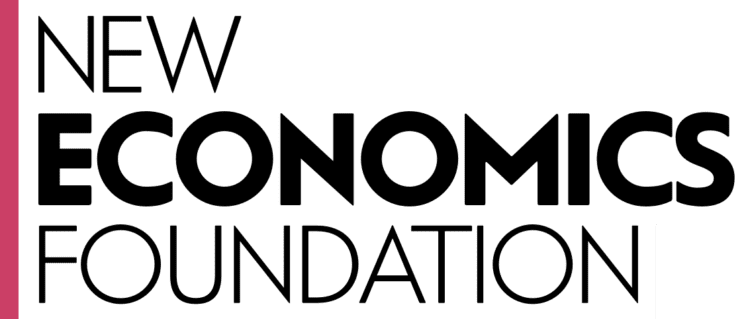Cost-benefit analysis (CBA) is the most common mainstream approach to project appraisal. Social and Environmental CBA introduces the concepts of social value and/or environmental sustainability into the balance sheets of cost-benefit models. This is particularly useful for projects, programmes or policies that have both socio-economic and environmental components.
NEF Consulting has extensively applied and used social and environmental CBAs in a variety of sectors, such as the health and environmental sectors, both in the UK and internationally. In addition to deriving a final figure, we ensure that quantitative analyses are qualitatively meaningful in responding to research questions. Along with providing robust quantitative measurement, we focus on:
- Placing results within their broader context.
- Making the process meaningful for our clients.
- Deriving the policy implication of our findings.
- Building the capacity for organisations to understand and potentially use CBA themselves.
As with SROI, social and environmental CBA requires the application of monetary valuation techniques to put a value on social and environmental capitals. To do this we use a range of empirical valuation methodologies (such as Stated and Revealed Preference Methods) and the best existing data available. For more information on CBA download the NEF briefing here.
Our work using SCBA
For examples of our work and case studies where we have used the SCBA, search the website using the general search facility at the top of the page. Examples include our research for CARE International:
 An economic evaluation of community-based adaptation in Dakoro, Niger
An economic evaluation of community-based adaptation in Dakoro, Niger
NEF Consulting used an extended Social Cost-Benefit Analysis (SCBA) to compare and contrast the benefits and investment of CARE International’s Adaptation Learning Programme (ALP) in Dakoro, Niger. Our research aimed to test to what extent community-based adaptation is an efficient and effective strategy for building resilience and adaptive capacity. To build a SCBA model we collected qualitative information and quantitative data directly from a sample of households in four communities. The data allowed us to measure the net, or additional, impact by taking into account both what would have happened in the absence of ALP and what proportion of the change observed could be attributable to other actors or programmes in the area. Download the report here: Managing Uncertainty: An economic evaluation of community-based adaptation in Dakoro, Niger
NEF Consulting has also produced simplified guidelines you can download here: SCBA analysis of climate change adaptation projects
Please also see the joint research we did with NEF for CARE International in the report: Counting on uncertainty: The economic case for community based adaptation in North-East Kenya
